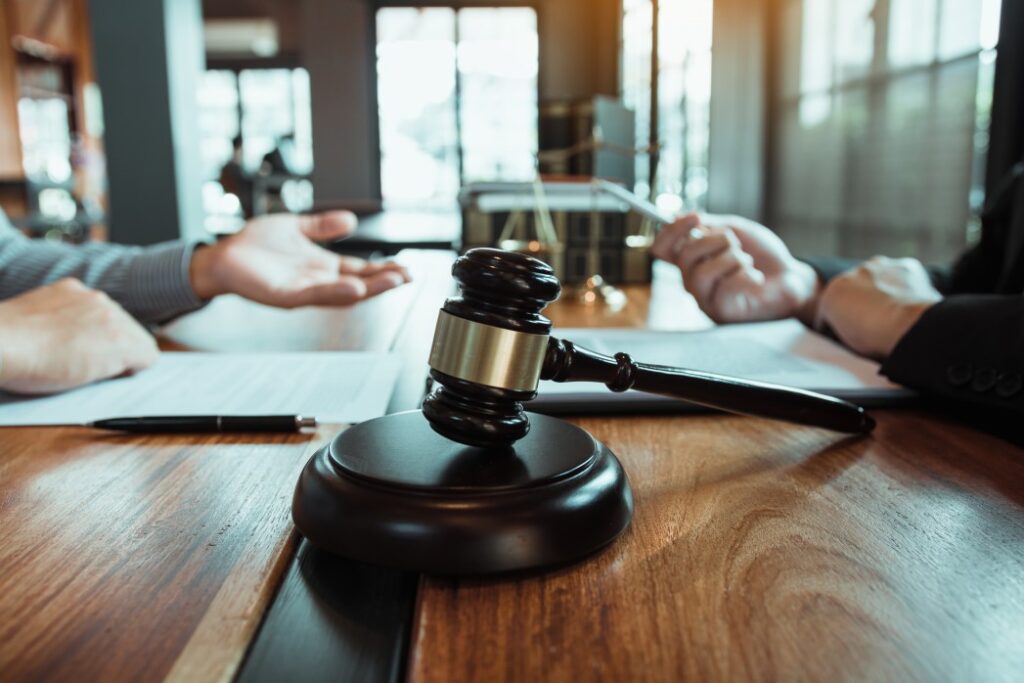Do Criminal Defense Lawyers Know the Truth?
Do criminal defense attorneys know the truth? Some do, while others don’t. Some people won’t listen to what you have to say. There are legal limitations on what a defense attorney can say in court. It is safe to assume that most defense attorneys are telling the truth. Almost all police lie about whether or not they violated the constitution. Almost all criminal defendants can be found guilty. Do criminal defense lawyers know the truth?
Perjury
A criminal defense attorney’s duty to tell the truth may be in jeopardy when a client tells the truth. The Model Code of Professional Responsibility of the American Bar Association explicitly prohibits perjury in civil cases. However, the model rules of professional behavior do not address this issue. The Model Rules allow for a ‘hands-off approach’ to client perjury.

Duty of candor
It is a fundamental legal principle that a lawyer must disclose all information to the court. This law prevents lawyers from representing clients in court by presenting evidence which is false, fraudulent, misleading, or perjured. A lawyer must disclose any legal authority that conflicts with the client’s position. If a lawyer knows that the reviewing judge has no jurisdiction, he or she cannot prosecute a client’s appeal.
Almost all police lie about whether or not they have violated the constitution.
Almost all police officers lie about whether they violated the constitution, and all prosecutors and judges know it. However, even though they know this, most police officers still believe that the police will tell them they have broken the constitution. Many appellate judges believe the police, even though they know they are lying. Many police officers are without legal defense because of this.
Almost all criminal defendants are in fact guilty
It is important to remember that most criminal defendants are guilty of all charges. While most prosecution witnesses lie, defense attorneys can provide a more complete truth. In any criminal trial, both sides emphasize different types of truth. Criminal trials are multilayered and differ from other single-minded attempts at finding the truth. As a defense attorney, it is important to be aggressive in each case.
Plea bargaining
Many plea bargains are not made public to the public. This is why many defendants don’t have access to legal representation. The purpose of plea bargaining is to prevent the public from entering the courthouse and maintain class interests within the legal system. Unfortunately, defense fails to protect their client in many instances. This article will discuss the truth behind plea bargaining and how you can protect your rights during this process.
Narrative approach to avoiding infringing upon Sixth Amendment rights
A criminal defense lawyer might use a narrative approach to present a case for a client. This approach does not violate the defendant’s Sixth Amendment rights and is in compliance with Rule 3.3. Rather, it relies on a story to demonstrate a defendant’s guilt. In Nix, v. Whiteside, a defendant stabbed his victim believing he was reaching for the gun. But, he kept telling the lawyer that he had never seen a gun.